What is mastering?
Audio mastering is a widely underestimated and misunderstood subject. In short, mastering is the process of preparing a final mix of a song for the marketplace. It begins with listening to a mix to identify any artifacts or deficiencies. If the mix includes unwanted noise, improper dynamics processing or severe tonal imbalances, a mastering engineer can inform the artist, their team or the mix engineer so the issues may be addressed before any mastering work commences. When presented with a quality mix and clear direction, a mastering engineer can then use specialized tools in an acoustically-neutral environment to enhance the tone, vibe and presentation of a mix while bringing the perceived volume (loudness) to a commercial standard — and hopefully without adding new artifacts to the end product.
Why can’t my mix engineer master my songs for me?
While having a mix engineer who can also provide some form of mastering seems like a convenience to artists, such mastering cannot compete with the work of a dedicated mastering engineer. Further there is a reason why so many major artists and labels want their projects mastered by a mastering professional who understands how to make a song compete in the marketplace.
It seems to me that most mix engineers don’t have a firm grasp on professional-level mastering. Rather, they often see mastering as more of an afterthought than a distinct process. They have access to “mastering” plugins — and even some used by professional mastering engineers (albeit not exclusively) and think, “This thing has presets? Cool. I can do that!” So, when they realize that they can charge money for mastering services like a professional, the temptation overtakes them and they subsequently advertise themselves as mixing/mastering engineers.
Some very reputable mix engineers I know who have won awards for mixing popular songs will offer mastering if the client cannot afford professional mastering services. Those engineers will reluctantly master their own mix with some skill just to ensure that it is not destroyed by an AI mastering service. However, if you ask top mix engineers, they will readily admit that a dedicated mastering engineer could greatly improve upon their own mastering.

What about DIY mastering?
If you prefer to master your own songs, leave the mastering plugins alone until you are happy with your mixes. Make sure the mastering work is performed in a room other than the one in which the music was mixed. Use your favorite songs as references for loudness, tonal balance and dynamics. Do a lot of comparative listening before you commit to anything.
Once you’re satisfied with your work, you may want to consider another perspective: Hire a professional to master one of your mixes but don’t give them your master as a reference. Rather, just tell them what you want and compare the two masters.
If you need a recommendation for a reputable mastering engineer who has experience in your genre or just want to know if your mix is ready to benefit from professional mastering, please contact me directly.
Our Products
-
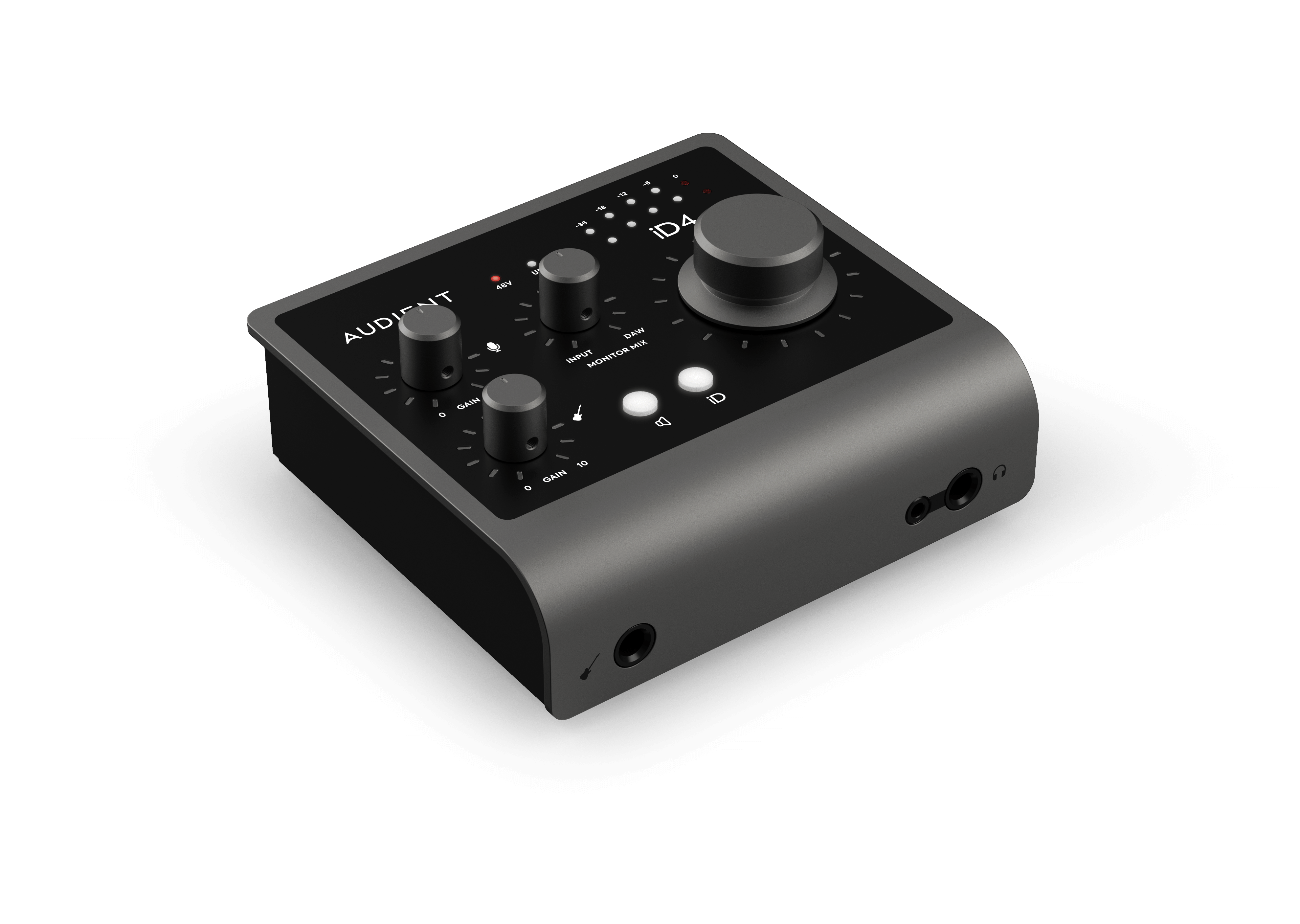
2in | 2out Audio Interface
-
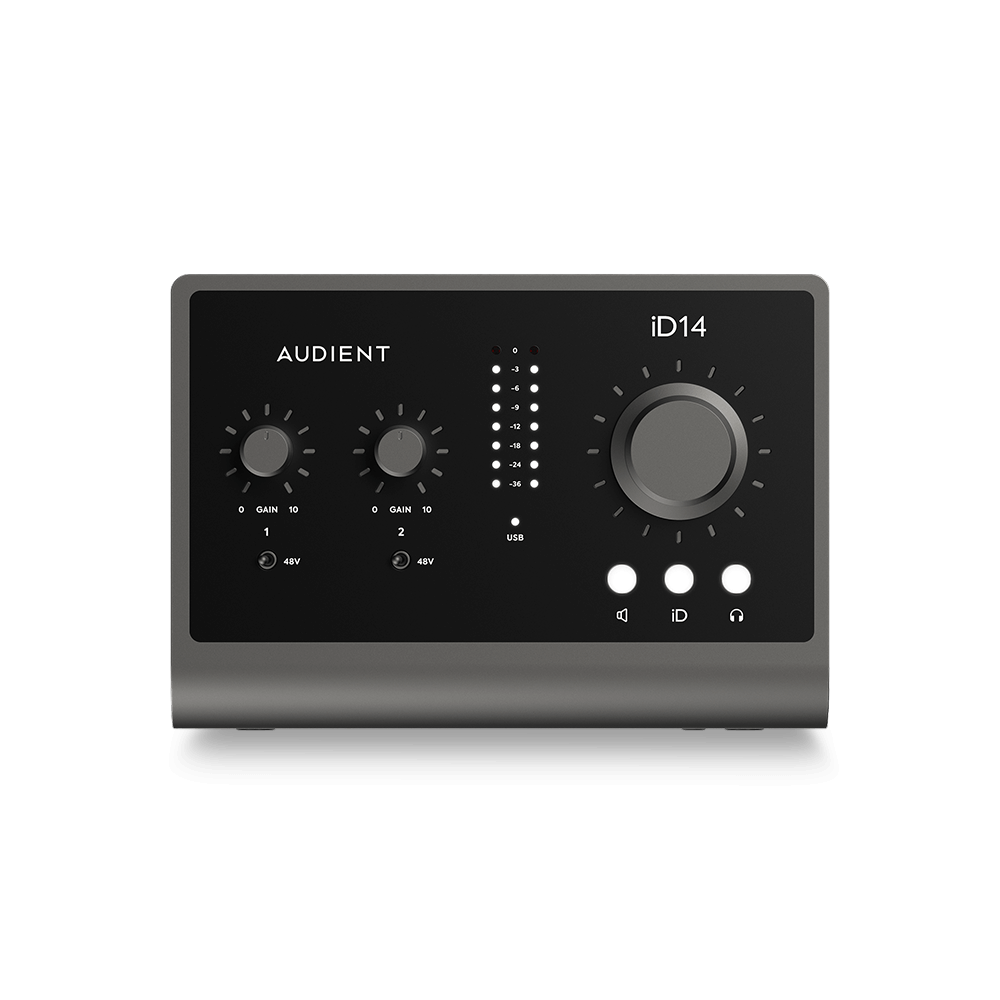
10in | 6out Audio Interface
-
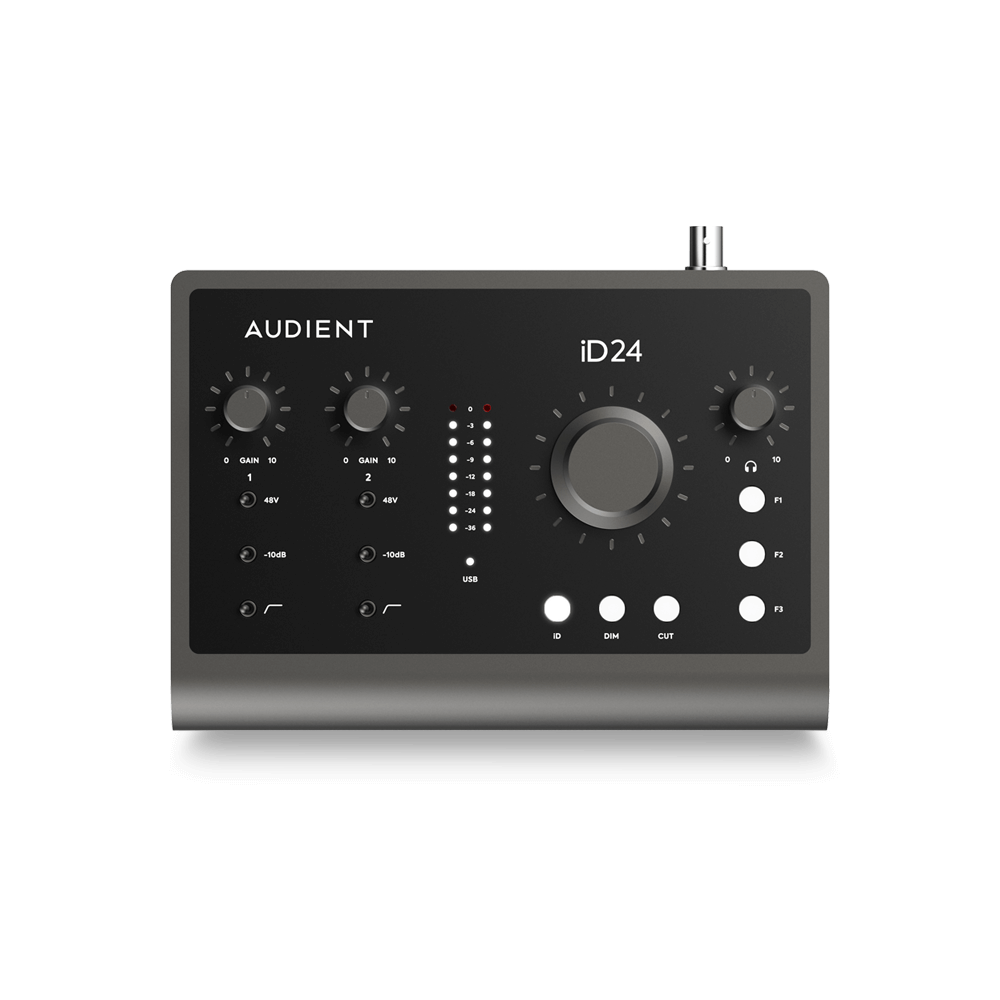
10in | 14out Audio Interface
-
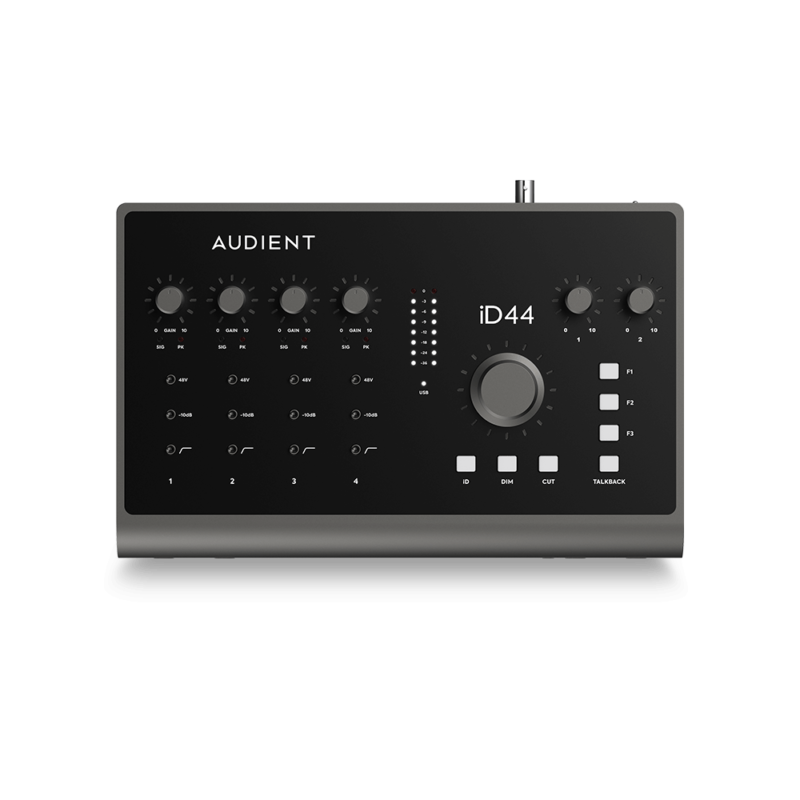
20in | 24out Audio Interface
-
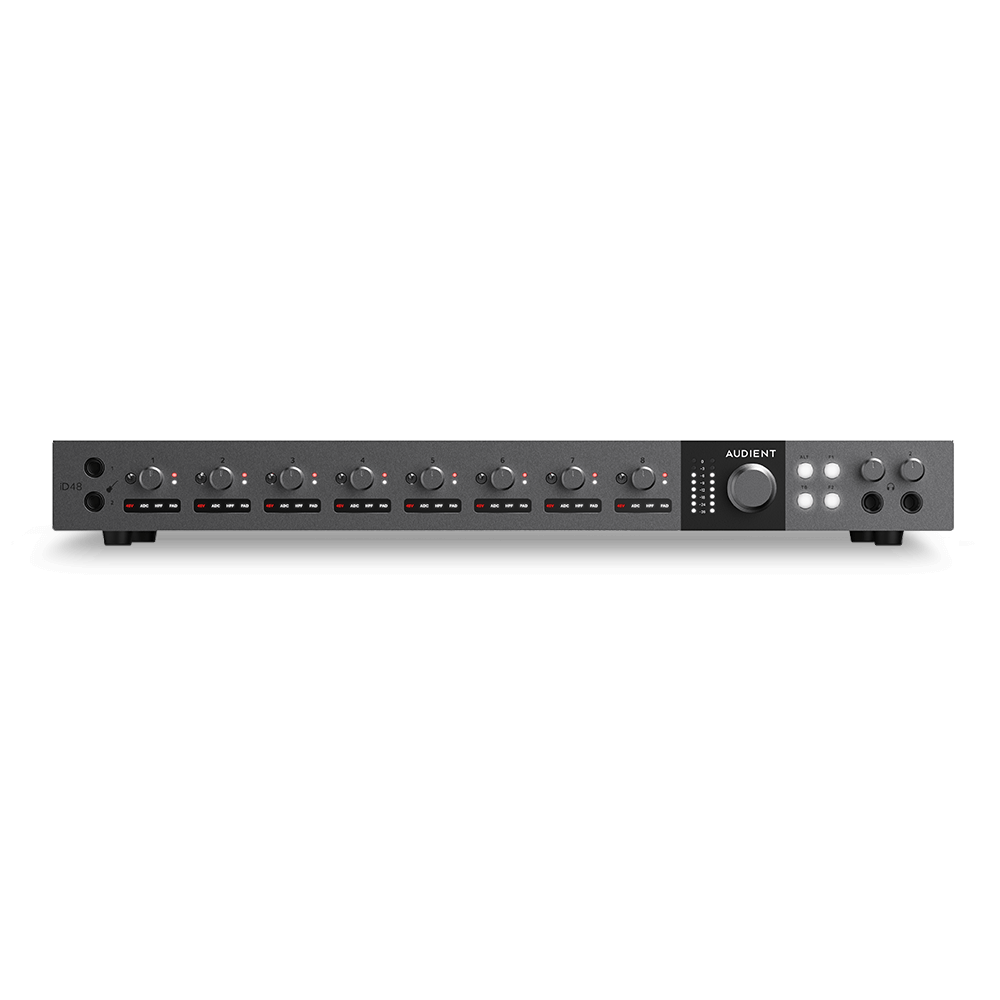
24in | 32out Audio Interface
-
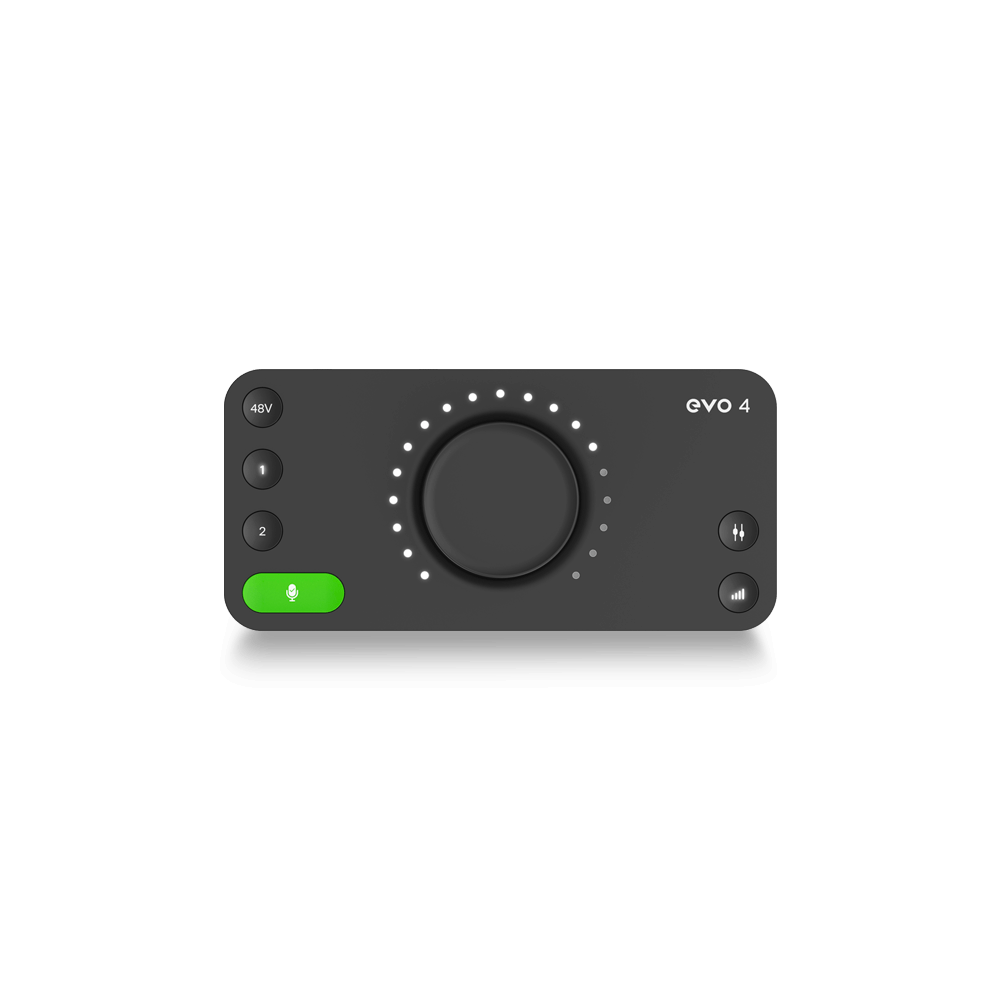
2in | 2out Audio Interface
-
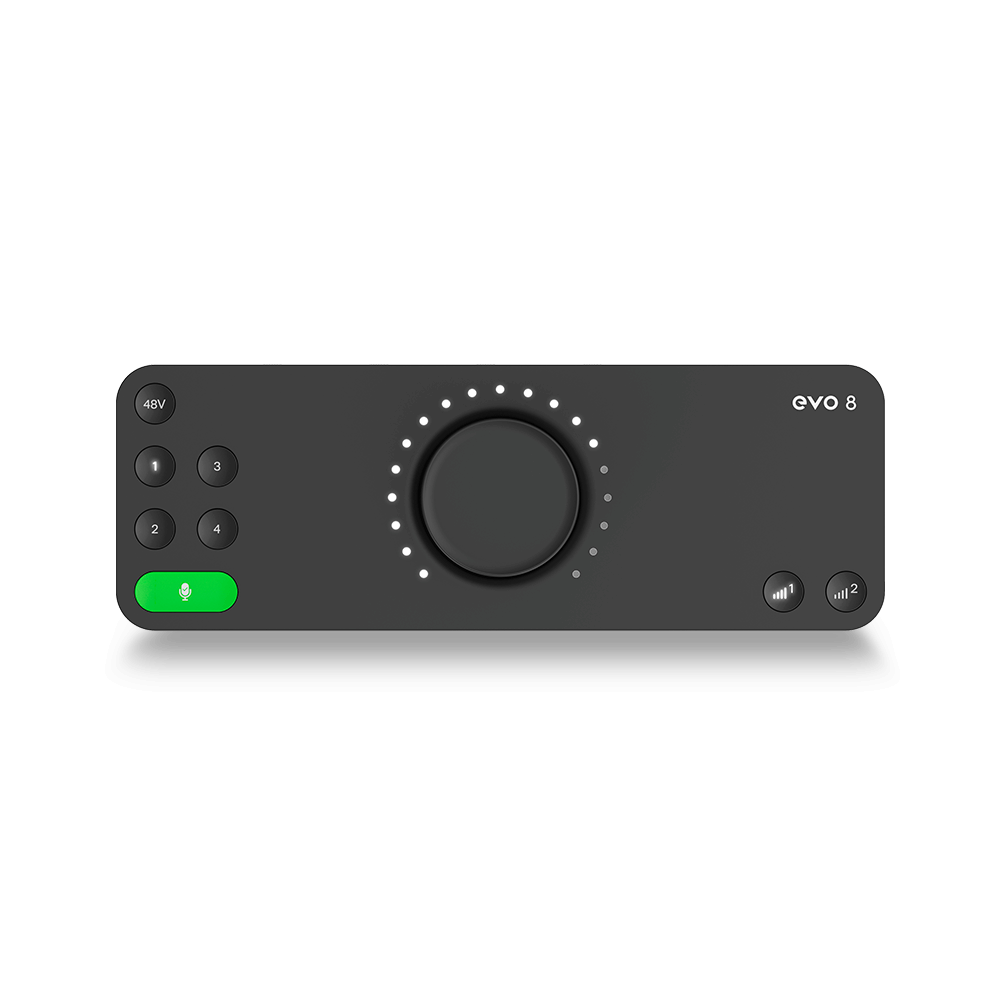
4in | 4out Audio Interface
-

24in | 24out Audio Interface
-
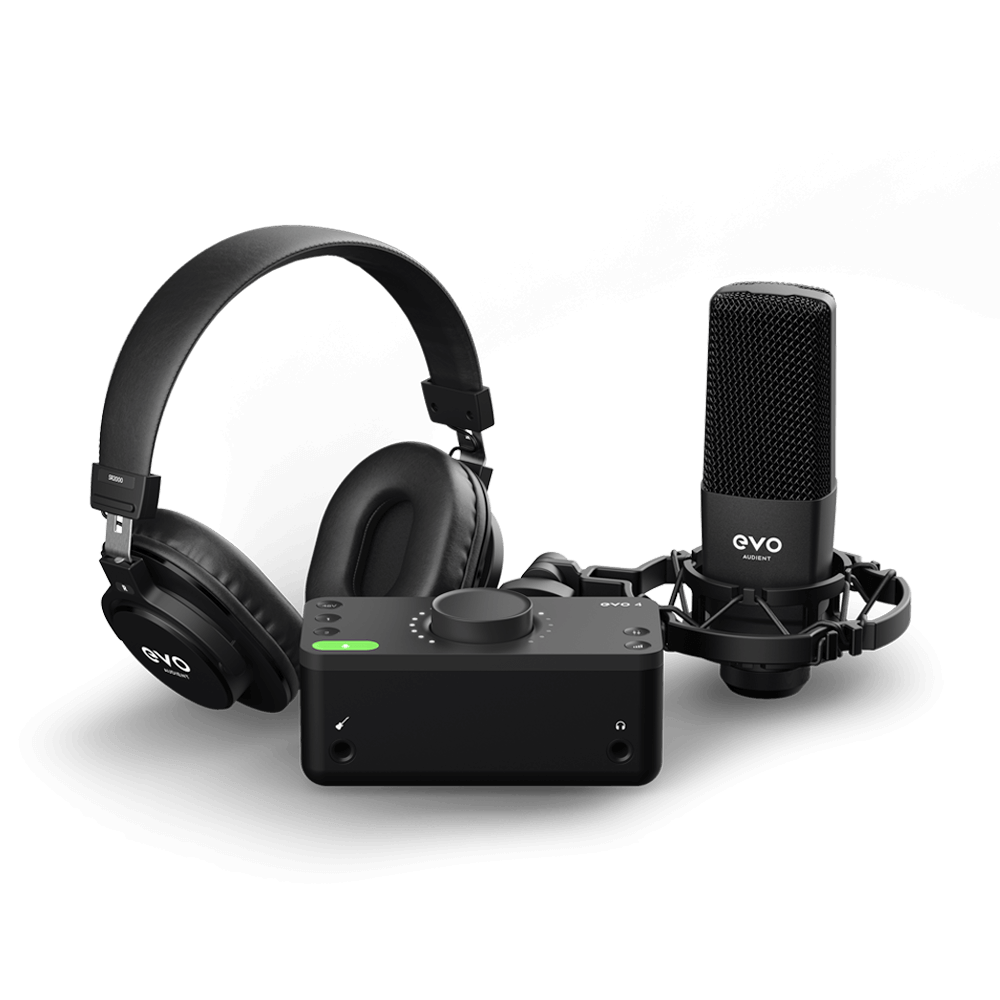
Everything you need to start recording
-
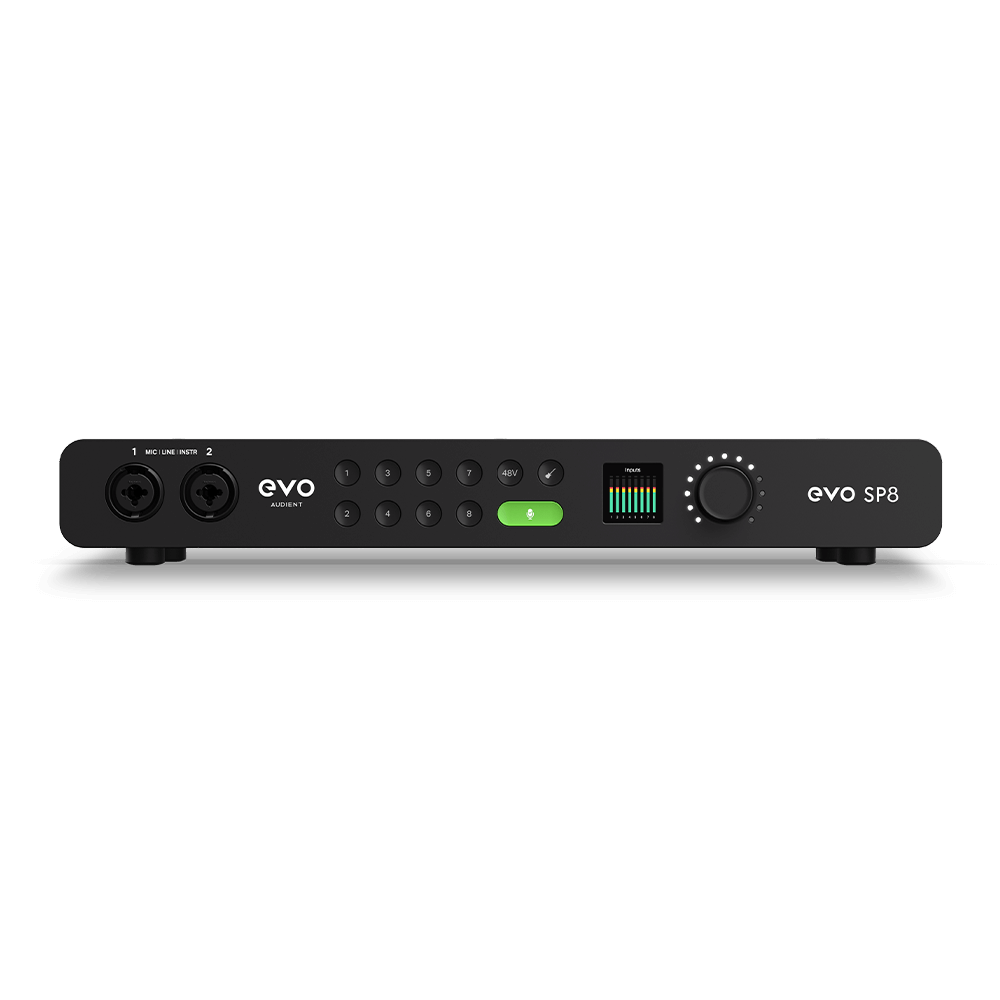
8 Channel Smart Preamp with AD/DA
-
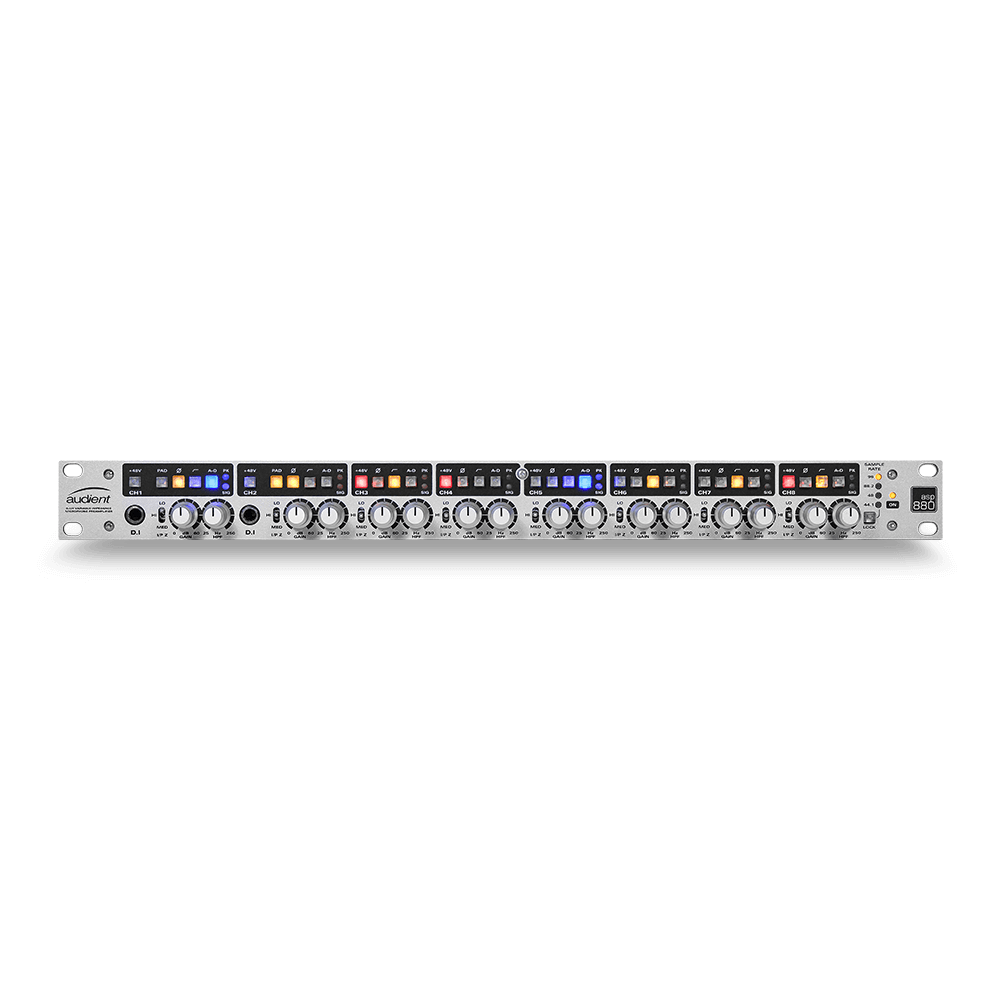
8 Channel Mic Pre & ADC
-
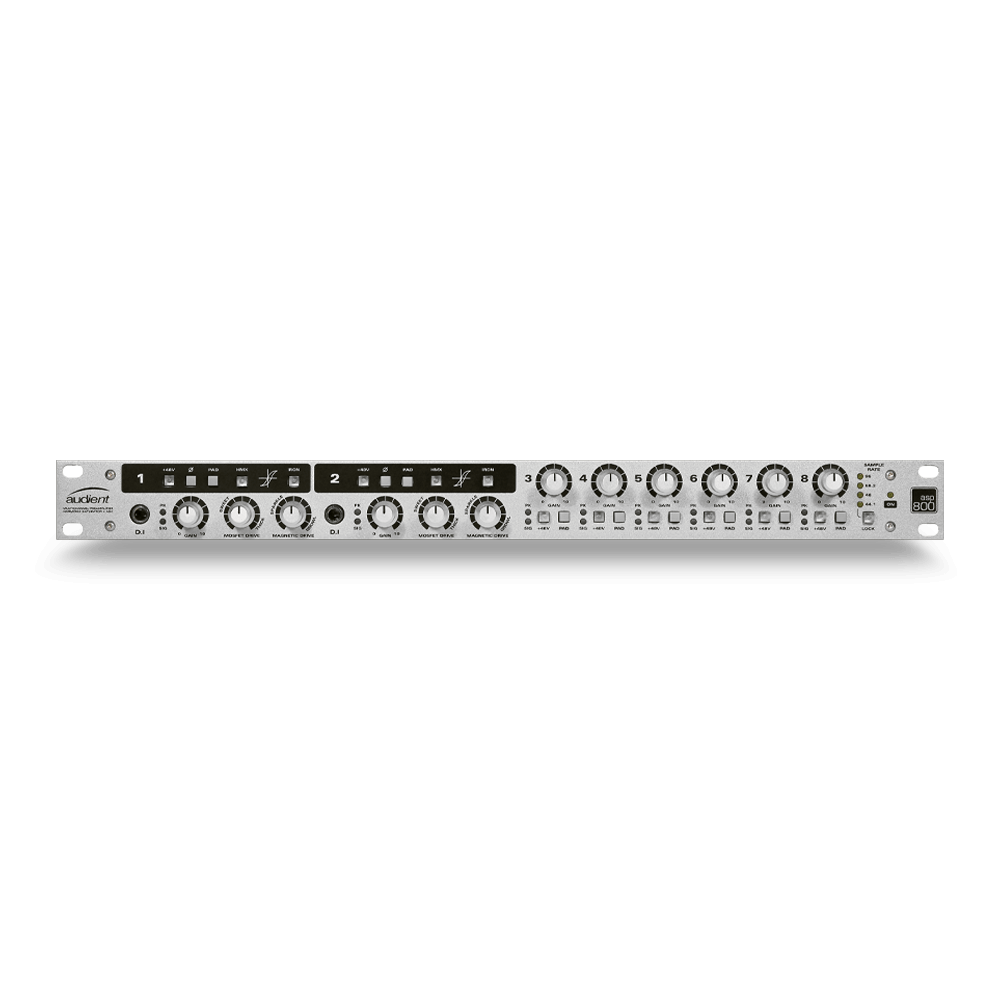
8 Channel Mic Pre + Tone Control
-
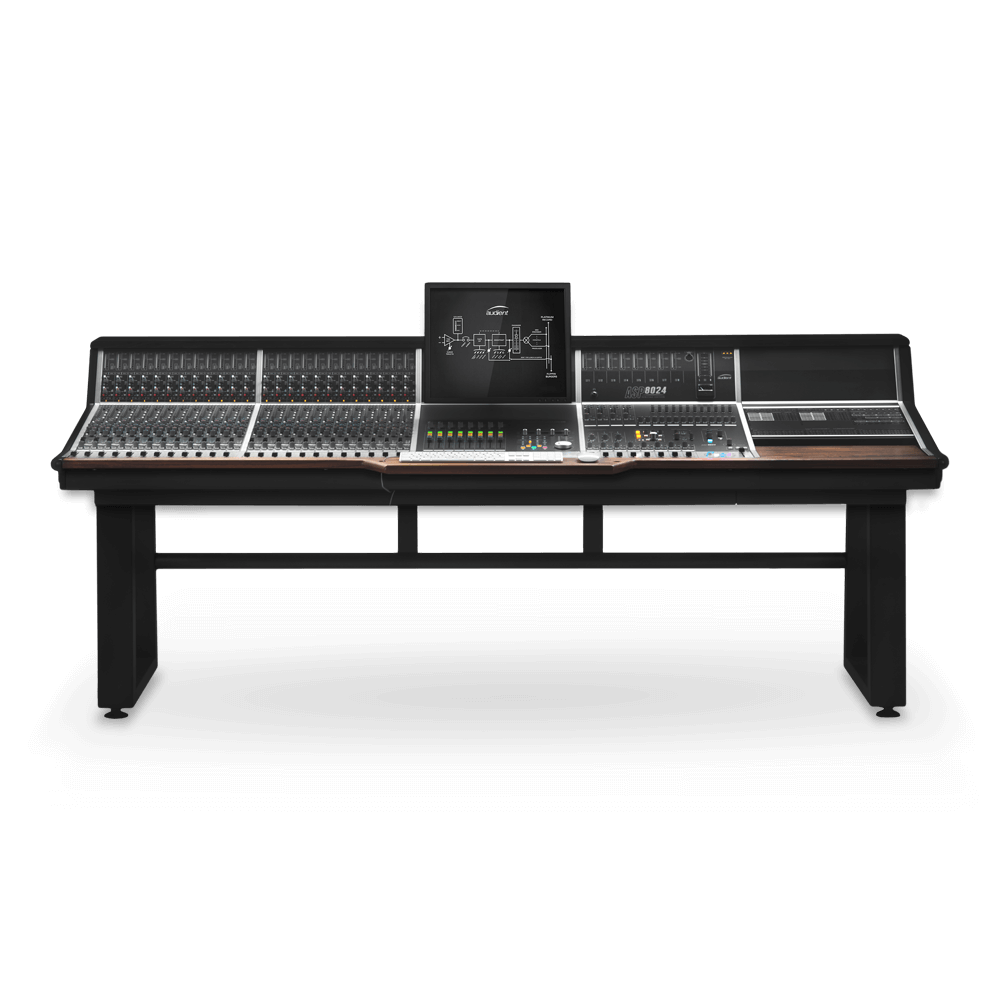
Modular Analogue Recording Console
-
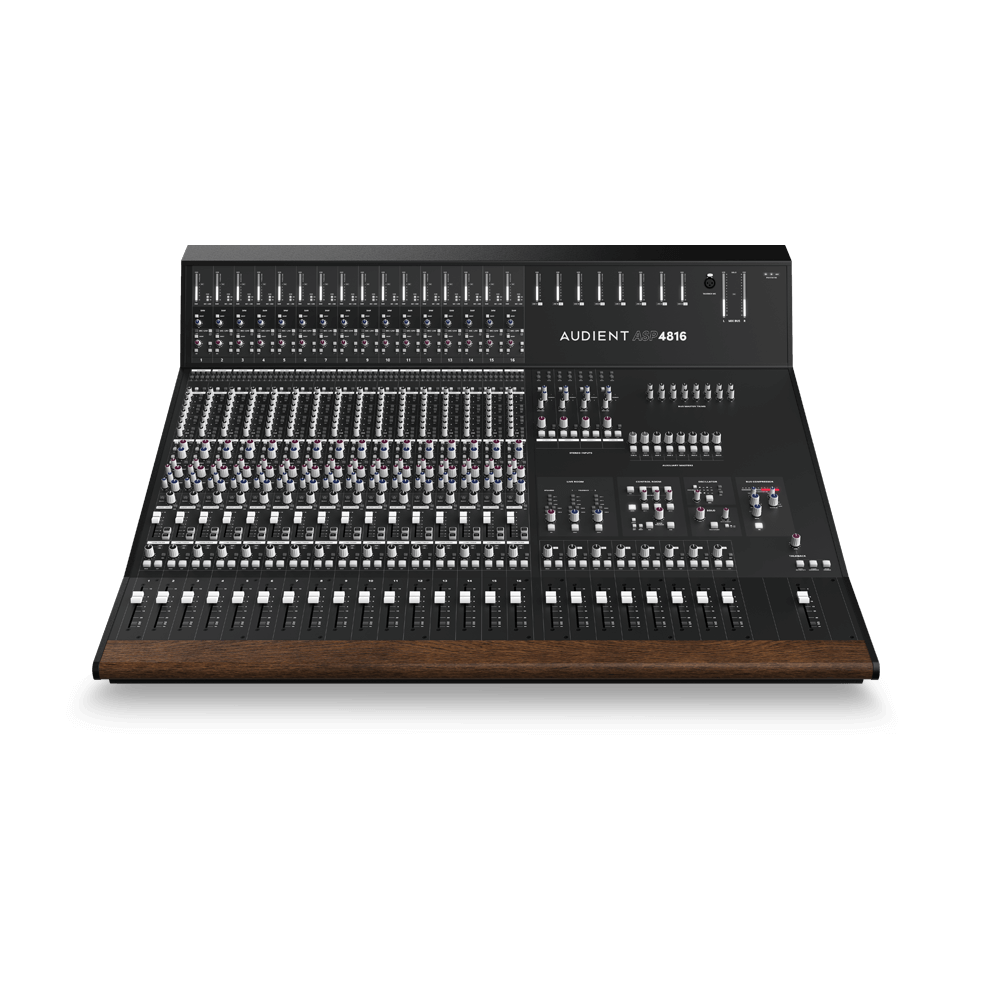
Small Format Analogue Recording Console
-
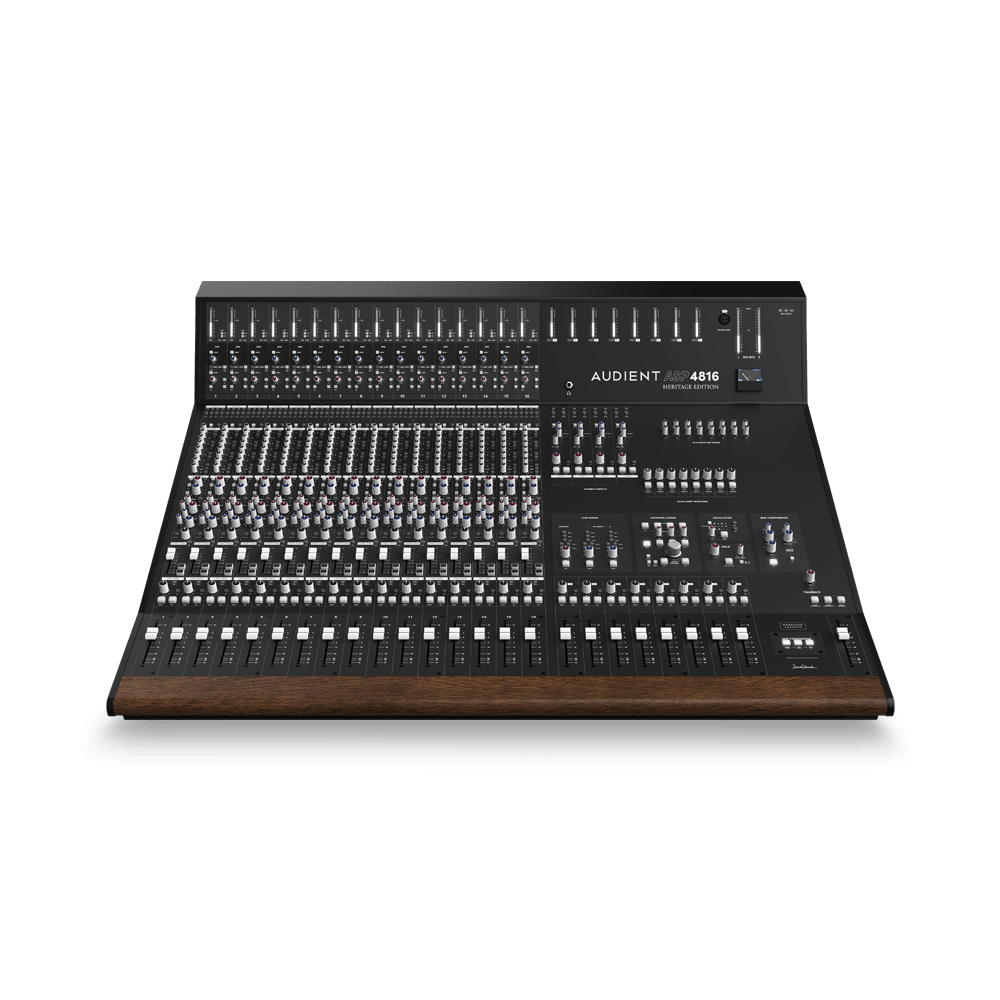
Small Format Analogue Recording Console
-
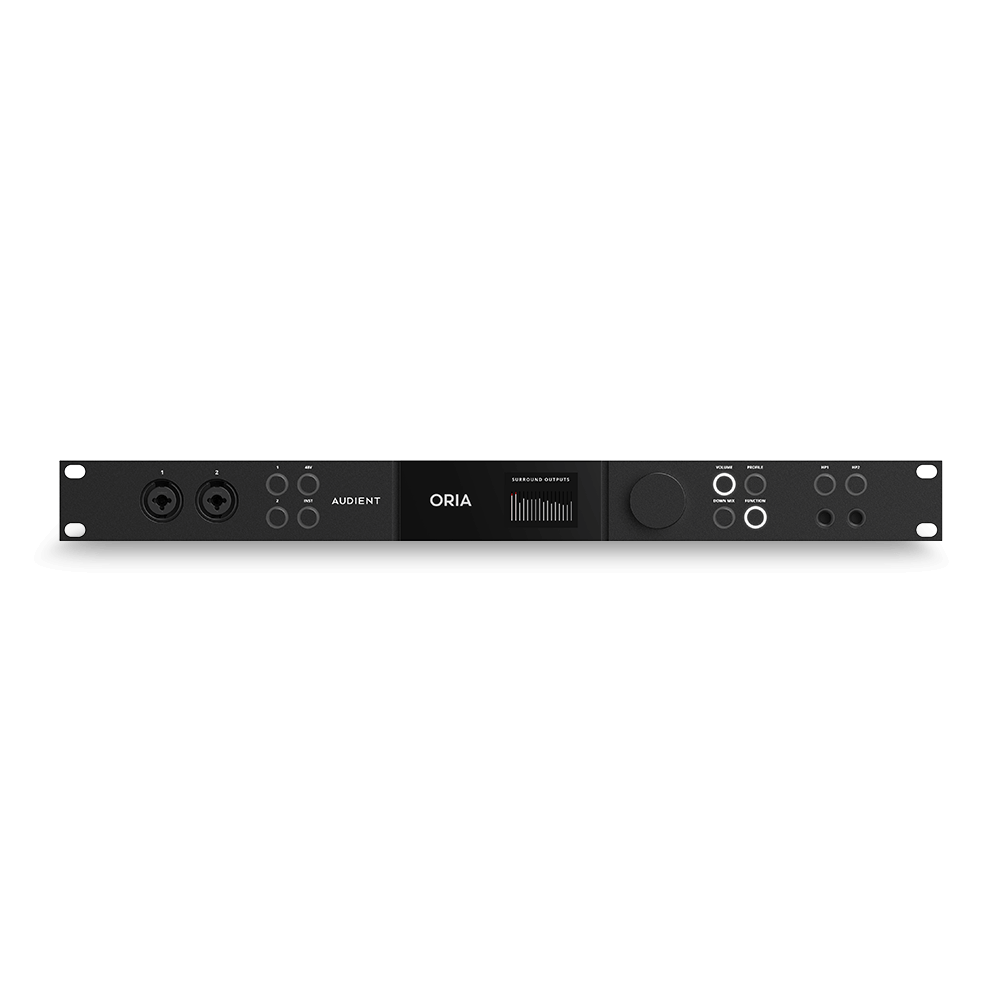
Immersive Audio Interface and Monitor Controller
-
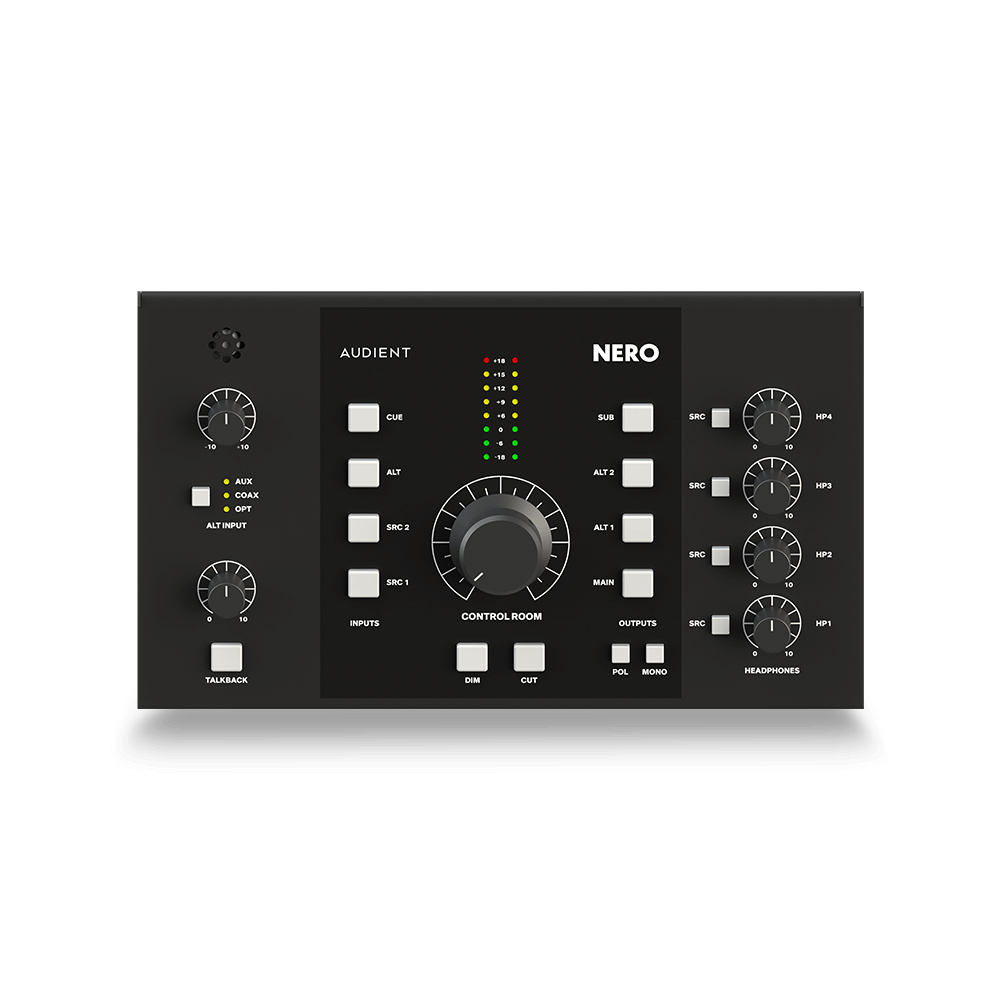
Desktop Monitor Controller




